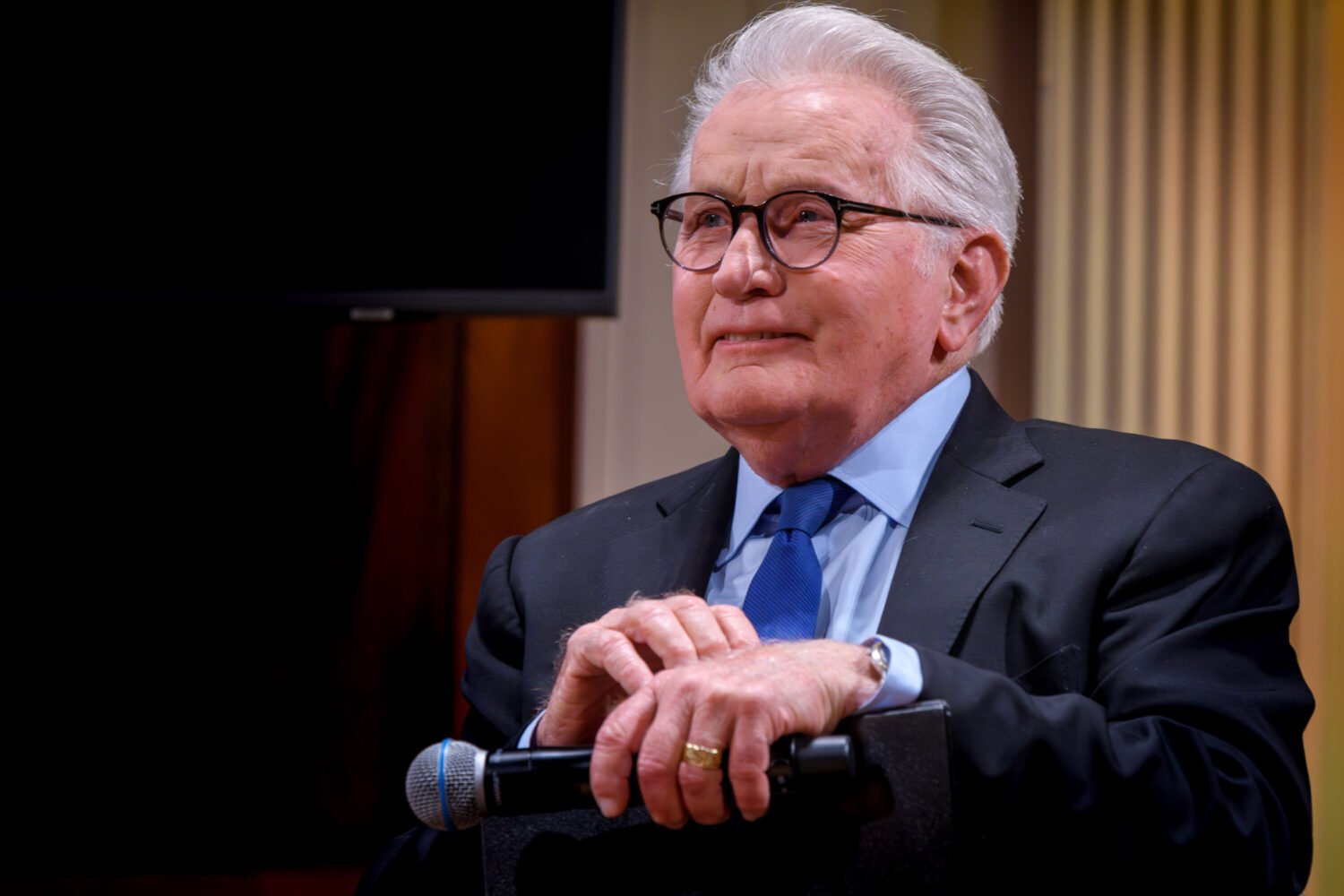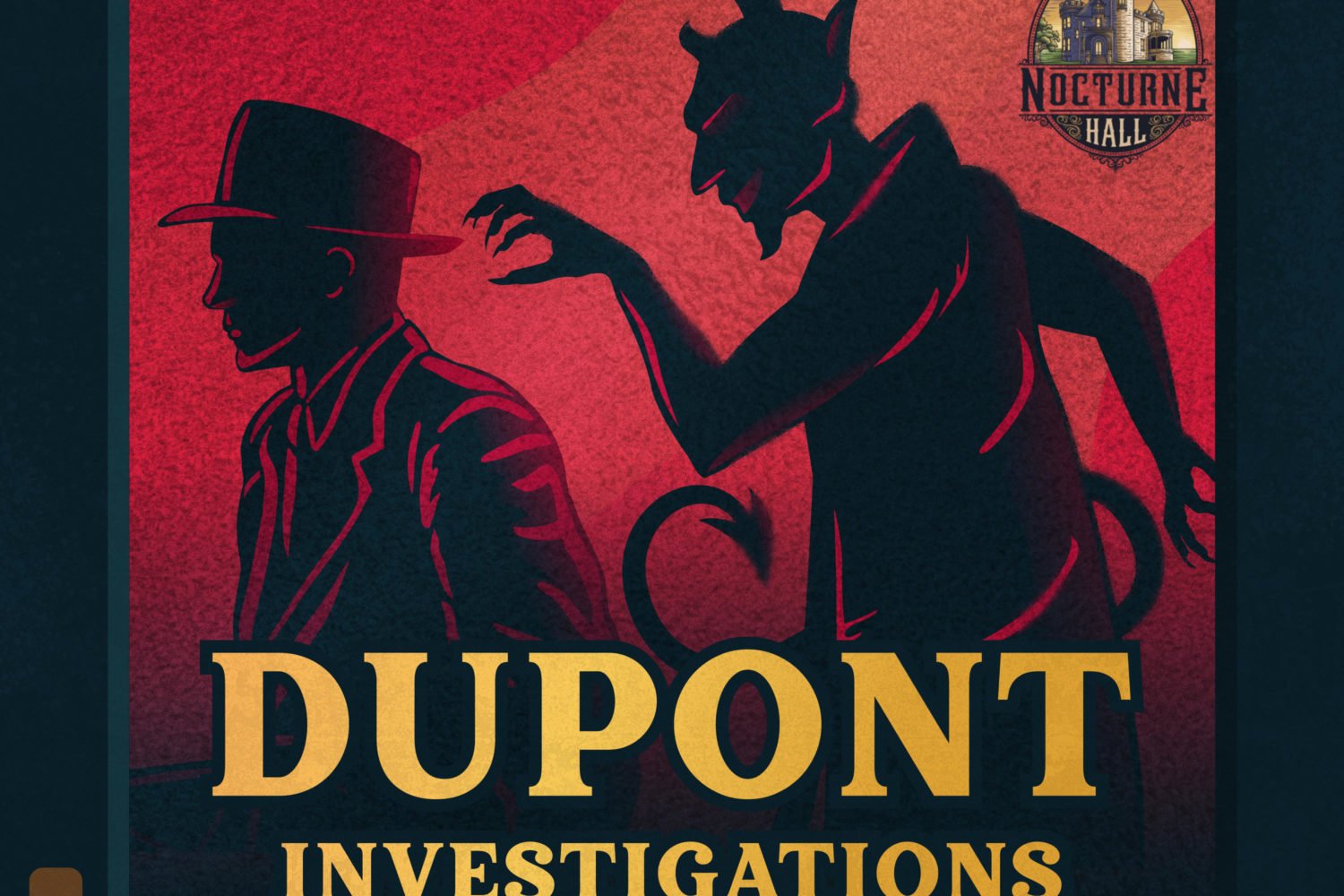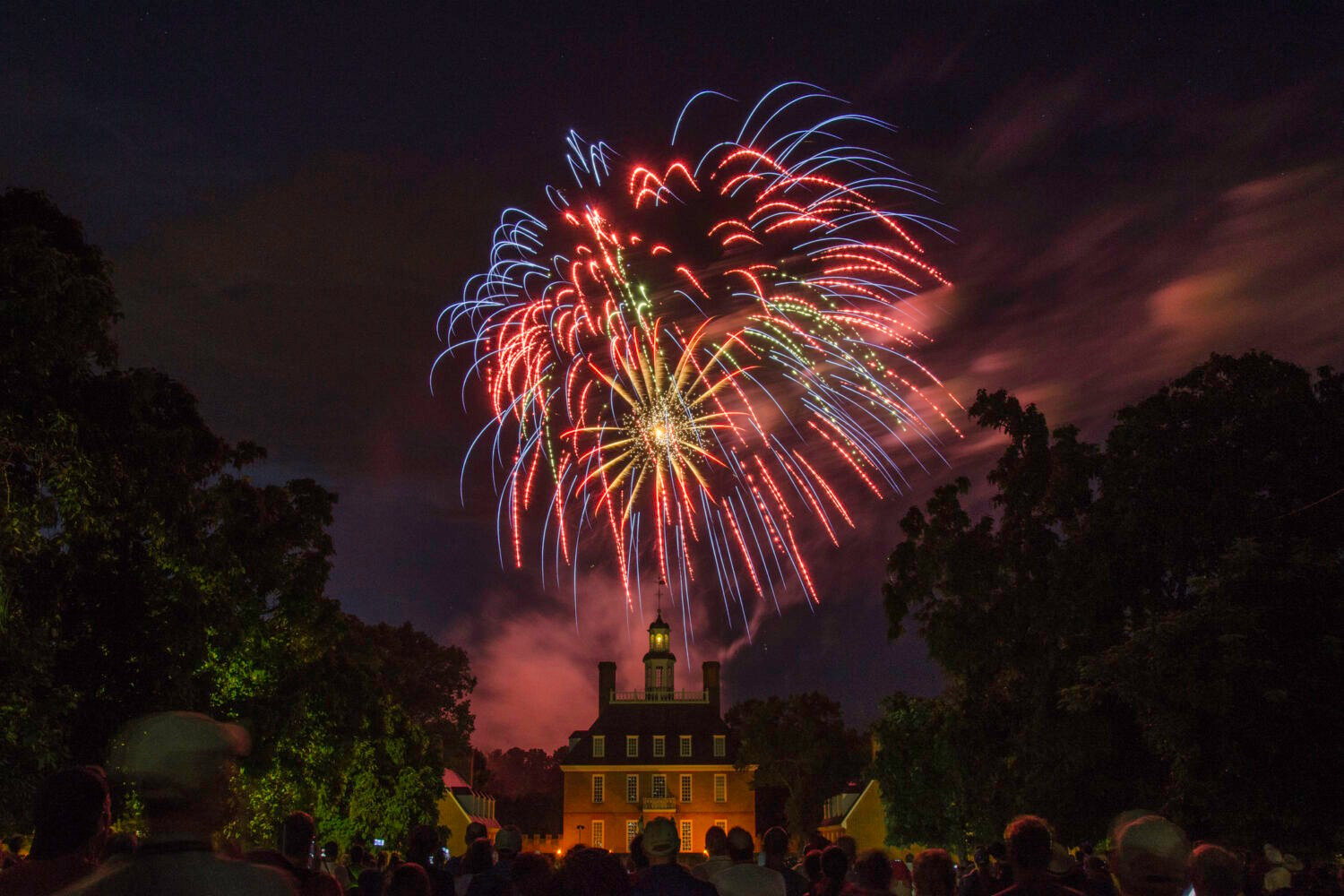The West Wing is having a renaissance. While Aaron Sorkin’s hit series about the fictional Jed Bartlet administration has long had a cult following, its idealism seems to resonate even more with viewers during the Trump years (as is evidenced by the superfan weekend slated for September). This comes as no surprise to Hrishikesh Hirway, a West Wing devotee who decided to start a podcast devoted to the show back in 2016. Hirway, who also hosts the popular podcast Song Exploder, convinced West Wing alumni Josh Malina to come on as co-host. On The West Wing Weekly, the two break down an episode of the show with great detail, getting into the plot, characters, and nuances of each one.
Two years later, West Wing Weekly has taken off, and Hirway and Malina have hit the road for their first live tour. Ahead of their appearance at the Lincoln Theatre on Monday, they chatted with Washingtonian about what they’ve learned from the fans, and why West Wing still feels important today.
How did you come up with an idea for The West Wing Weekly?
Hrishikesh Hirway: Josh and I were working on a television project at the time. It was a frustrating project, because so much of its fate was determined by forces outside of our own. I was getting flustered by that, and I said to Josh, if this thing doesn’t go, let’s start a podcast instead. I had been a guest a couple times on a show about Gilmore Girls called Gilmore Guys, and they had a very passionate audience. I thought we could do a similar thing, but it would be more conversational—just sort of light but fun. I pitched it to Josh, the was reluctant at first–
Josh Malina: But eventually I warmed up.
What does preparation for the show look like?
JM: I try to watch the episode once for enjoyment, and try not to parse it word-by-word, as a regular viewer. Then I watch a second time, and take notes on other things that I think would be worth bringing up to Hrishi. We don’t really discuss anything beforehand, other than a guest we might have. Hrishi’s very good at thinking ahead.
Is it weird rewatching yourself on television, Josh?
JM: Not really, I’m a big fan of myself [chuckles]. It doesn’t bother me at all. Immediately watching these things brought back memories of shooting them, and that’s always fun to share. It’s been quite enjoyable looking back at my younger self.
What have West Wing fans taught you?
HH: One thing we’ve learned the hard way is that in a show about the details and the minutiae of the West Wing, there is no room to get a detail wrong. And I’m embarrassed to say that as the resident superfan on the podcast, I have gotten things wrong or forgotten things— things that would annoy me.
They are a passionate audience—whether they agree or disagree with you, you will find out.
One that was most interesting and edifying for the two of us was an episode we did about the Stackhouse filibuster, which is the West Wing episode concerned with autism. The feedback we got after that episode came out was from a handful of listeners who were autistic themselves, and they asked, why not have West Wing fans who are autistic on the podcast? It was something we just had never considered. That was the best mistake we’ve made.
Do you have favorite Sorkinisms?
JM: My least favorite is the frequent use of Brad Whitford.
We certainly embrace the use of phrase “What’s next?” I don’t normally like when jokes are telegraphed—in other words, I’m about to make this joke. Aaron does this occasionally, and when he does it, it always enhances the joke. There’s this incredible scene Allison Janney has when we know she’s about to encounter a woman with a very strange name, and she’s going to laugh. We know all of this going in, and then it’s performed so brilliantly that it’s even funnier knowing it’s going to happen.
HH: I like, “More and more we’ve come to expect less and less of each other,” which was both in The West Wing and in Sports Night, and in the speech that Aaron Sorkin gave to Syracuse, the commencement speech.
You started the podcast before President Trump’s election. Do you think this current political moment has affected its reception?
JM: We had a large number of people explicitly reach out to us and say, thank you for giving us this respite from political reality. Surely a segment of the viewership is watching as an alternative to the daily headlines. That’s understandable, and I kind of get a kick out of being part of other people’s escapism.
HH: When the show first aired, it served for a lot of people as a reminder of what some of of the ideals are that we hold about government at a time when it feels like ideals are really distant and hard to remember. In comparison to the early 2000s, I think that situation is so much worse now. It feels like we’ve never been so far from idealism as we are now. Even in a fictional context, these are some of the things we want from the government. In a perfect world, wouldn’t it be great if the president were thoughtful and engaged, and the people around him were thoughtful and engaged, and have conversations about things that matter to the American people?
Correction: This post originally misspelled Jed Bartlet’s last name.


















